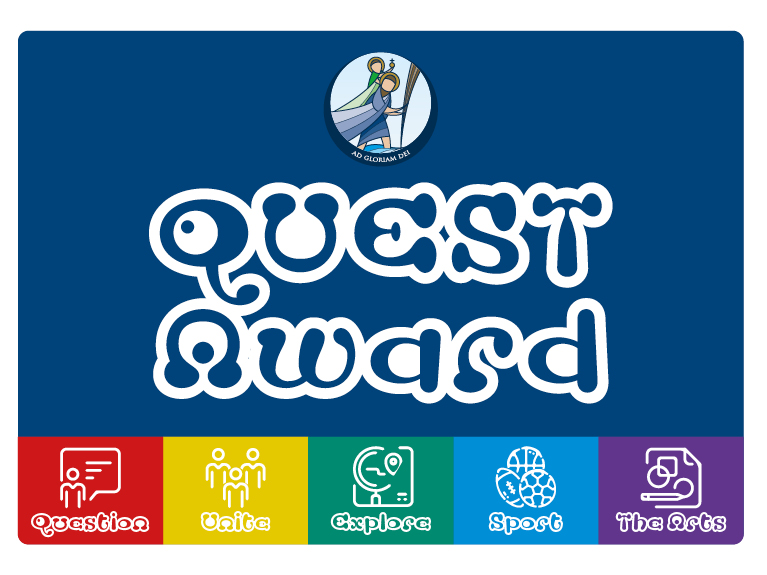
During the pandemic children from all years at St Christopher’s took the opportunity to take part in the brand new QUEST Award. Which encouraged them to continue learning, but more independently!
Children from the wealthiest backgrounds are three times more likely to take up music classes out of school hours than children from the poorest backgrounds. There is also a 20% participation gap in sport, a report by the Social Mobility Commission revealed Friday 19 July 2019*.
The report, ‘An Unequal Playing Field’, shows huge disparities in children’s participation rates across a wide range of extra-curricular activities depending on their social background. Children aged 10 to 15 from wealthier families are much more likely to take part in every type of activity especially music and sport.
St Christopher’s have tried to redress the balance by helping pupils to develop their independence through making choices about participation in both after school and lunch time clubs, but encouraging them to join local teams and uniformed organisations. Then we were hit by the pandemic. The QUEST Award had been developed to bring to the classroom the skills that children have already developed independently of school through personal or family interests. Children’s engagement in subject matter is always enhanced by personal participation. Science doesn’t stay within the school laboratory, but is found on the football field, the supermarket aisles or the latest music release. The QUEST Award encouraged all round development of the pupils by asking them to undertake five mini projects around their own Question, charitable work in Unite, Explore somewhere new, participate in their chosen or new Sport and enjoy The Arts.
However, since lock down group activities have not been allowed, so the QUEST Award was reinvented and the children as always were an innovative as ever. “The QUEST Award has helped students learn how to motivate themselves when time becomes unstructured” explained Richard Jones, Headmaster.
“Education is not something that stops after GCSEs or A levels but the joy of learning can be lifelong. The QUEST Award has been designed to motivate all pupils to find their own path and inspiration beyond the school gates. We’ve been in such a privileged position to see what these young people are capable. Reading their stories daily has been one of the most humbling experience of my 20 year teaching career” added Wendy Litherland, Director of Sustainability.
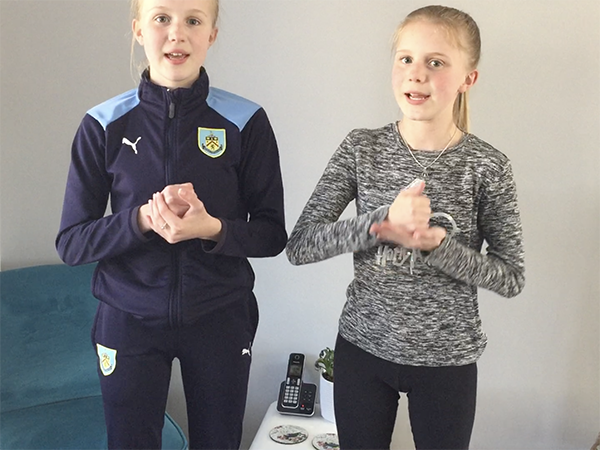
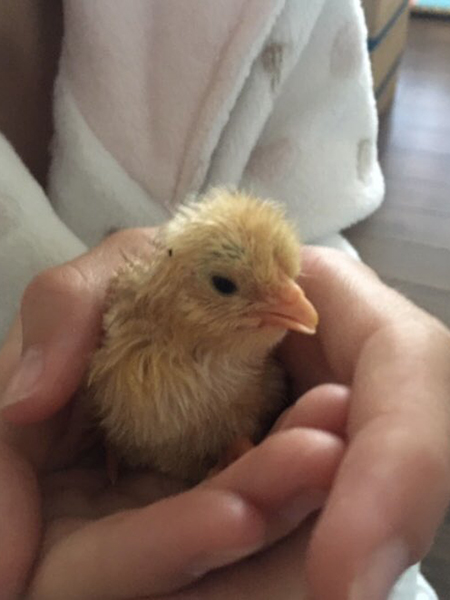 Over 50 pupils have obtained their bronze award with innovative ideas, from learning sign language like Year 7 pupils Chloe and Imogen to aspiring vet Sianna (Year 9) going one step further creating an in-depth study of the chicken and even hatching a batch of chicks.
Over 50 pupils have obtained their bronze award with innovative ideas, from learning sign language like Year 7 pupils Chloe and Imogen to aspiring vet Sianna (Year 9) going one step further creating an in-depth study of the chicken and even hatching a batch of chicks.
Sianna says: 'From start to finish I really enjoyed the project. I loved learning about chickens and the stages involved in incubation and hatching them. I especially loved incubating the eggs and watching the chickens hatch. They were so cute but very noisy!'.
Sianna’s mum adds: 'Sianna loves animals and was thrilled when the farmer, asked if she could help hatch some chickens for him. She has thoroughly embraced the project and worked so hard. She even set up a bed next to the incubators so she could sleep by them during the last few days of incubation!'
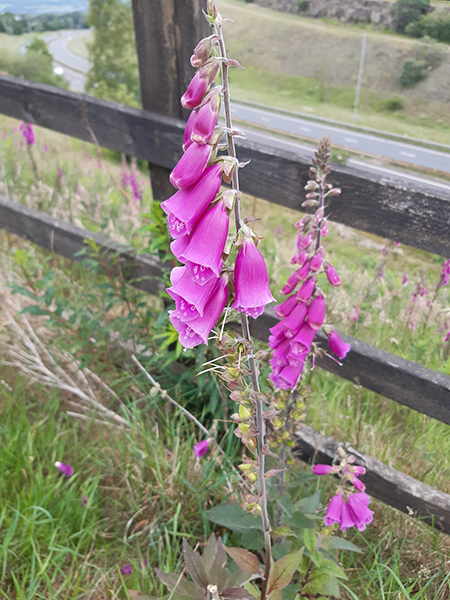
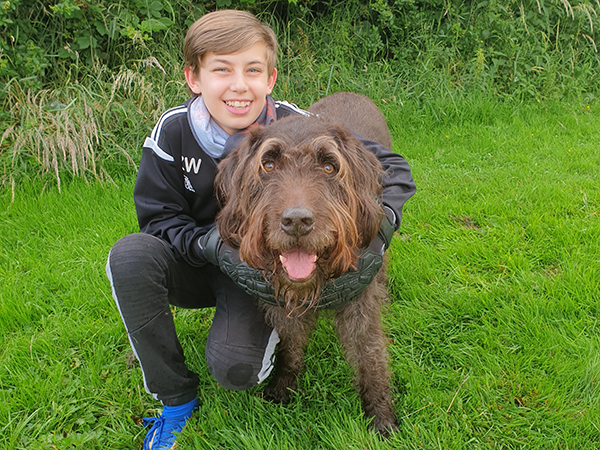 Year 7 Chloe had used her time exploring Hyndburn taking photos of new adventures, keenly followed by the school on twitter. Each time taking different and longer routes whilst helping elderly relatives with shopping. Isaac introduced us to his Labradoddle dog Dylan from anatomy, to poetry and recommended walks.
Year 7 Chloe had used her time exploring Hyndburn taking photos of new adventures, keenly followed by the school on twitter. Each time taking different and longer routes whilst helping elderly relatives with shopping. Isaac introduced us to his Labradoddle dog Dylan from anatomy, to poetry and recommended walks.
Whilst the schools have been closed the QUEST Award has encouraged the outdoors and home to be skills-based learning environments where independence, thinking skills, collaboration and active learning are developed at the same time as knowledge is acquired. Research indicates that learners remember more effectively when they can use skills to access, process and express their knowledge.
By encouraging children to earn their QUEST Award and gain a set of flexible skills to manage change in an uncertain future we feel they will be more employable in the long term.
*https://www.gov.uk/government/publications/extra-curricular-activities-soft-skills-and-social-mobility